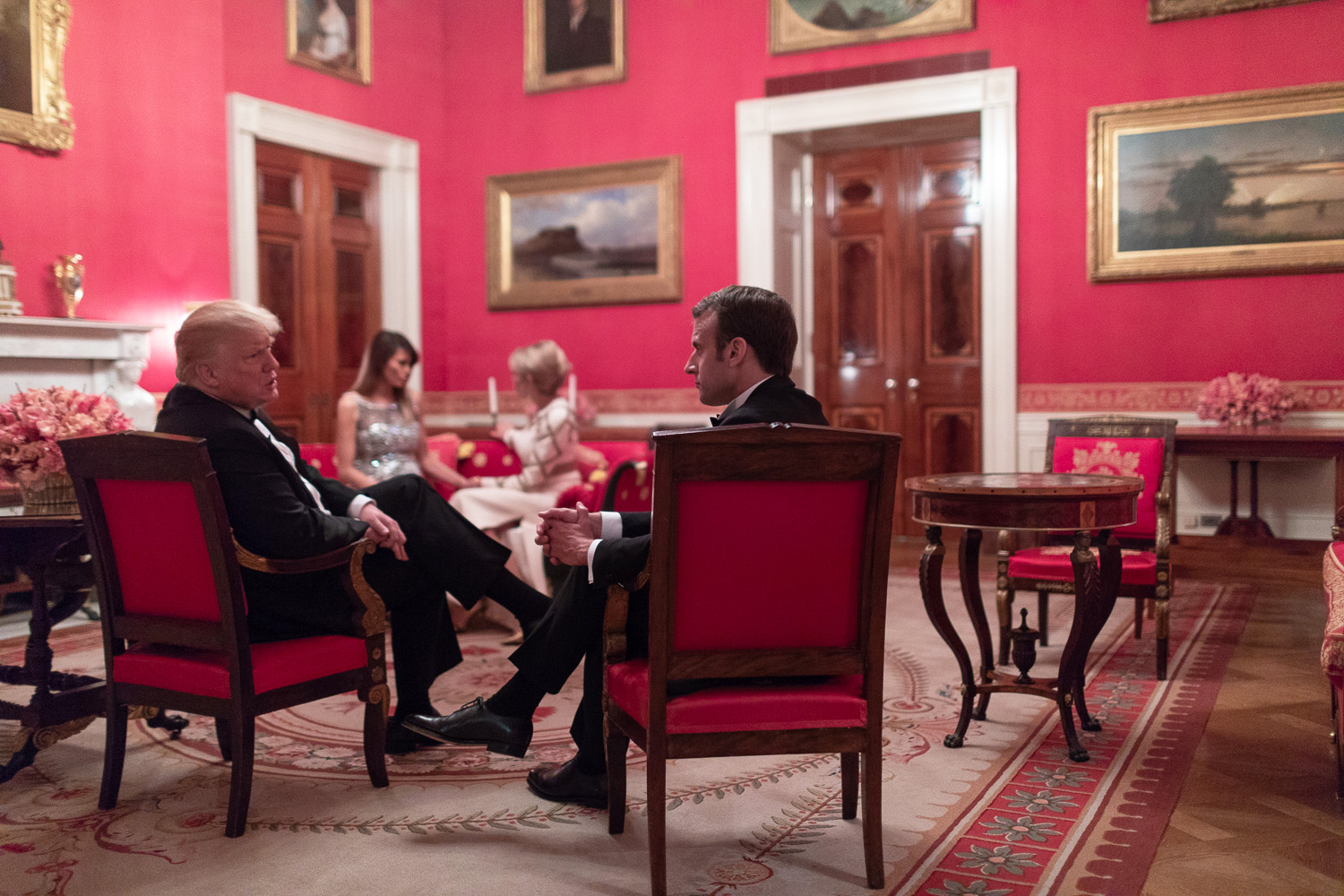For all his vaunted prowess as a negotiator in the art of the deal, Trump’s tactics aren’t complicated or subtle. He has one modus operandi: bludgeon and bully. When it comes to business or politics, Trump always does the same thing: propose the outrageous and play the buffoon, so that eventually the exhausted and disgusted adversary agrees to disadvantageous terms just to be rid of the affair.
It’s the strategy of a sociopath, but one cannot say it hasn’t worked for Trump broadly in life: if nothing else, it leveraged him against his own expectations into the White House.
But it doesn’t always work, especially when the bully is working against large institutions or large groups of people. No matter how much Trump fulminates, he is finding the Justice Department and the broader structures of American checks and balances difficult to topple. Nor are the world’s other industrialized nations and America’s erstwhile allies so quick to bend the knee.
Which explains why Trump’s shenanigans at the G7 are going over like a lead balloon. Trump showed up late to the women’s empowerment breakfast (of course), and is leaving early before the environmental portion of the talks (of course). But not before making ridiculous trade demands, then offering his own counterproposal of lifting all tariffs entirely.
President Trump told foreign leaders at the Group of Seven summit that they must dramatically reduce trade barriers with the United States or could risk losing access to the world’s largest economy, delivering his most defiant trade threat yet to his counterparts from around the globe.
But there were numerous signs here that leaders of other countries stood their ground, having stiffened after months of attacks and insults. Each country now faces crucial decisions about how to proceed. If they don’t back down and Trump does try to stop — or at least slow — the flow of trade, it could impact the flow of hundreds of billions of dollars in goods, potentially impacting millions of jobs in the United States and around the world.
This is wrecking ball diplomacy, and the rest of the world will not play along with it. Already 29 European Union ambassadors sent a letter detailing the advantages to the United States of a health trade relationship with the European Union, and the ways in which the current structure significantly advantages America. The body language of the G7 leaders, encountering Trump either with hostility or amused resignation, is indicative of how Trump’s threats are playing out.
There are far too many institutional variables and countervailing forces for Trump’s bullying tactics to work with the entire European Union, and the fact that he is wrong on the merits in his 17th century view of trade relations doesn’t help, either. If Trump got what he thinks he wants at the summit it would hurt the very people he thinks he is trying to help, nor would it jumpstart American private-sector manufacturing.
Trump loves to bully his opponents into exhaustion, but it’s a good bet that Trump’s energies will be exhausted long before the collective premiers of the world’s other leading democracies agree to principles that will harm both themselves and the United States.



